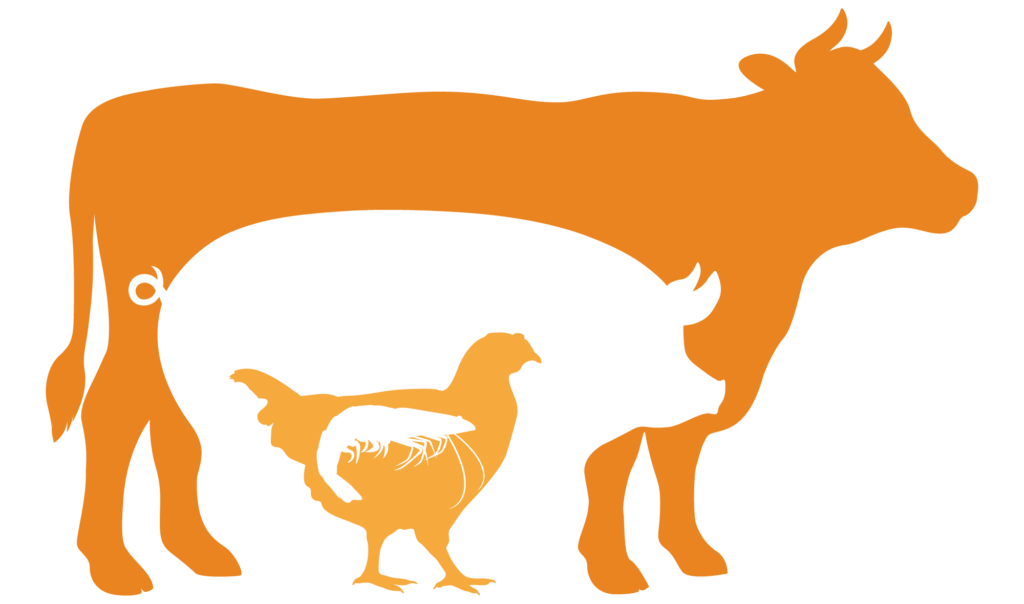Joint pain is a common condition affecting millions of people. It can be mildly discomforting to extremely painful. While conventional treatments such as medications and physical therapy are useful, natural remedies can help improve joint health. This article discusses the causes of joint pain, various home remedies, and how natural extracts can be utilised to manage joint discomfort effectively.
What Causes Joint Pain?
Joint pain can result from various underlying factors, including injury, inflammation, and degenerative conditions.
Causes of joint pain include:
- Osteoarthritis (OA): A degenerative joint disease that occurs due to the breakdown of cartilage, leading to bone friction and joint stiffness. It commonly affects the knees, hips, and hands.
- Rheumatoid Arthritis (RA): An autoimmune disorder in which the body’s immune system mistakenly attacks the synovium (lining of the joints), causing inflammation and pain.
- Gout: A type of arthritis caused by the accumulation of uric acid crystals in the joints, leading to sudden and intense pain, usually in the big toe.
- Injuries: Sprains, strains, or joint dislocations can lead to acute joint pain that may persist if not treated properly.
- Bursitis: Inflammation of the bursae (small fluid-filled sacs that cushion the joints) can cause pain, particularly in the shoulders, elbows, or hips.
Different Home Remedies for Joint Pain
Home remedies for joint pain can be used in addition to conventional treatments. They can help reduce discomfort and support joint health.
Here are some effective remedies:
- Turmeric Extract: Known for its anti-inflammatory properties, turmeric extract can be a valuable natural remedy for managing joint pain. Curcumin, the active compound in turmeric, helps reduce inflammation in the joints.
- Epsom Salt Soak: Epsom salt contains magnesium, which may help ease muscle soreness and joint stiffness when added to a warm bath.
- Ginger: Ginger possesses anti-inflammatory properties that can aid in reducing joint pain. Consuming ginger tea or supplements can help manage discomfort.
How to Use Natural Extracts for Joint Pain
Natural extracts such as turmeric, ginger, and Boswellia can be integrated into daily routines to help manage joint discomfort.
Here are ways to effectively use these extracts:
- Turmeric Extract Capsules or Powders: Turmeric extract is often available in the form of capsules, powders, or liquid supplements. For maximum effectiveness, choose products with a high percentage of curcuminoids.
- Ginger Extract Supplements: Ginger can be consumed in supplement form or as a tea. Look for high-quality ginger extracts with high levels of active components, such as gingerols, to ensure consistency and effectiveness.
- Boswellia Extract: Derived from the resin of the Boswellia tree, this natural remedy is known for its anti-inflammatory properties. It may help reduce joint inflammation and improve mobility when taken as a supplement.
- Topical Application: Natural extracts can also be used in topical products such as creams or gels applied directly to the affected joint area. These often include a combination of turmeric extract or camphor that can be used for localized relief.
Including these joint pain natural remedies can support overall joint health, providing a natural alternative to pharmaceutical interventions.
Types of Joint Pain
Understanding the different types of joint pain can help determine the appropriate remedies and treatments.
Here are some common types:
- Acute Joint Pain: This type of pain occurs suddenly due to an injury or infection. It is usually short-term and resolves with appropriate treatment.
- Chronic Joint Pain: When joint pain persists for more than three months, it is considered chronic. Conditions like osteoarthritis commonly cause chronic pain.
- Inflammatory Joint Pain: Caused by inflammation in the joint tissues, this type of pain is often seen in autoimmune disorders such as RA or lupus.
- Degenerative Joint Pain: Associated with wear and tear on the joints, this type of pain is typically seen in conditions like osteoarthritis.
Various Exercises to Manage Joint Pain
Regular physical activity is essential for managing joint pain and improving mobility. Certain exercises can help strengthen muscles, increase flexibility, and reduce discomfort:
- Stretching Exercises: Gentle stretching helps to maintain joint flexibility and reduce stiffness. Stretching the muscles around the affected joints can help reduce pain.
- Low-Impact Aerobic Activities: Activities like swimming, cycling, or walking are easy on the joints and help improve cardiovascular health and joint function.
- Strength Training: Building muscle strength around the joints provides better support, potentially reducing pain. Focus on exercises that target the muscles near the affected joints.
Incorporating these exercises into a daily routine can be effective in managing joint pain and enhancing quality of life.
Conclusion
Joint pain is a serious condition influenced by factors such as injury, inflammation, and degenerative disorders. While there is no definitive cure for joint pain, natural remedies and lifestyle changes can help manage symptoms and support joint health. Understanding how to reduce joint inflammation and using high-quality natural extracts can play a significant role in alleviating discomfort.
Arjuna Naturals provides a range of products formulated with natural extracts such as turmeric and ginger, designed to support joint health.











